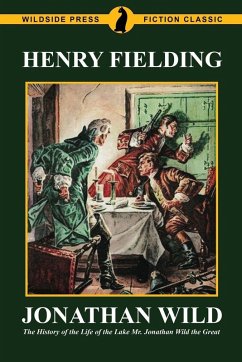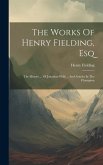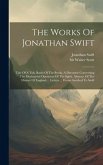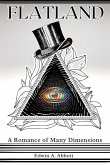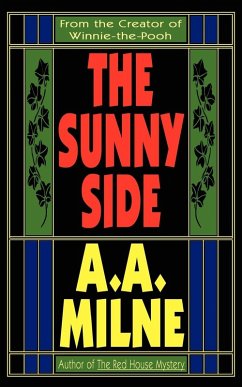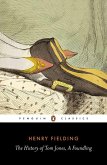Jonathan Wild (1682 or 1683 - 1725) was a London underworld figure notable for operating on both sides of the law, posing as a public-spirited crimefighter entitled the "Thief-Taker General." He exploited a strong public demand for action during a major London crime wave in the absence of any effective police force. As a powerful gang-leader himself, he became a master manipulator of legal systems, collecting rewards offered for valuables which he had stolen himself, bribing prison-guards to release his colleagues, and blackmailing any who crossed him. He was hanged at Tyburn before a massive crowd. Wild was featured in novels, poems, and plays, some of them noting parallels between Wild and the contemporaneous Prime Minister Walpole (who was known as "The Great Corrupter"). Among the most famous recountings of his life is the one by Henry Fielding, which is notable as a classic satire and ranked among Fielding's best works. This edition includes an introduction by Dr. G. H. Maynadier, Ph.D., of Harvard University.
Bitte wählen Sie Ihr Anliegen aus.
Rechnungen
Retourenschein anfordern
Bestellstatus
Storno

